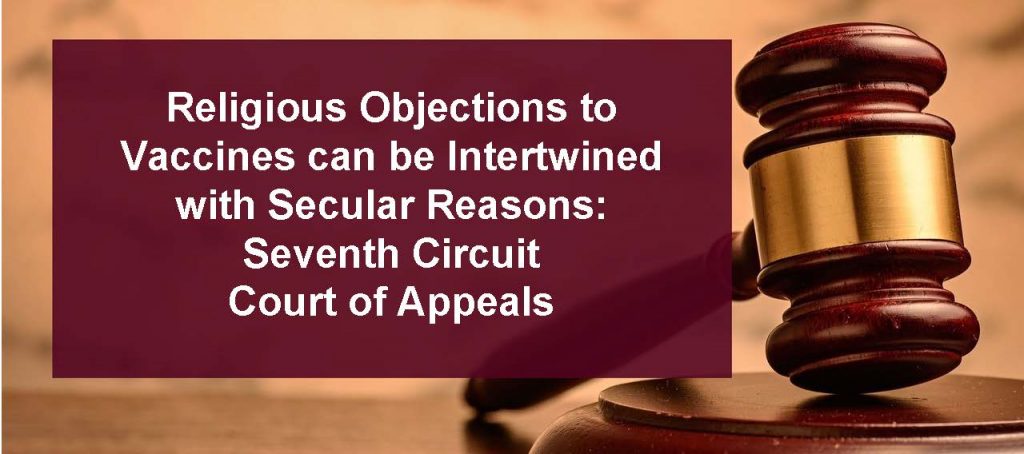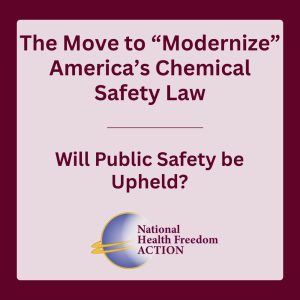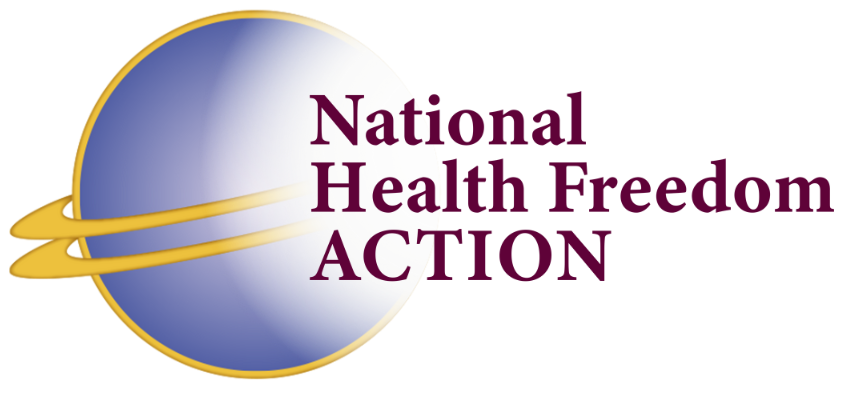

As we recently noted, since May 2024, at least ten federal appeals court rulings have protected those with religious objections to COVID-19 vaccines. Two of these cases were decided on July 29: two weeks ago we took a look at Spivack v. City of Philadelphia in which the court found evidence of hostility to religion. This week we report on Passarella v. Aspirus, in which the Seventh Circuit Court of Appeals held that people with intertwined religious and secular (e.g. safety) objections to vaccination may be entitled to a religious exemption.
Nurse and pharmacy tech sue medical system for failure to accommodate
under Title VII of Civil Rights Act
On July 29, the United States Court of Appeals for the Seventh Circuit ruled in the case of surgical nurse Megan Passarella and pharmacy technician Sandra Dottenwhy versus the Wausau, Wisconsin hospital system Aspirus. The Spivak case we covered last week was based on the First Amendment being violated by a government employer. The Passarella case instead is based on Title VII of the Civil Rights Act of1964, which bans employers from refusing to accommodate religious beliefs.
Hospital decides objections were “safety concerns”
In response to requests for accommodation, Aspirus found that the objections were rooted more in “safety concerns” than in religious conviction, and both plaintiffs lost their jobs. Under this logic, the trial court dismissed the case as to both Passarella and Dottenwhy. The Seventh Circuit reversed this order and held that, “an employee seeks accommodation because of their religion when their request, by its terms, is plausibly based at least in part on some aspect of their religious belief or practice.” (Italics added.)
Body is the Lord’s dwelling place
When Aspirus announced its COVID vaccine policy in November 2021, they said that it included the ability to apply for a religious exemption. Passarella had submitted a letter quoting from the Bible and noting that her body “is [the Lord’s] dwelling place” and “[a]fter prayerful consideration, I don’t feel at peace about receiving the COVID vaccine” and “must trust God with my body (His temple) and that he will provide for me and protect me as he has already proven time and time again during my life.”
“I must follow the message that God has given me not to receive the vaccine”
Passarella added, “God knows my body better than anyone because He is the maker of it.” She also stated that she “obey[s] scripture and the divine wisdom and discernment imparted to me by the Holy Spirit through prayer.” And her “conscience,” also, “act[s] as a guide to the rightness or wrongness of one’s behavior” and that “I must follow the message that God has given me not to receive the vaccine.”
Danger of blood clots combines with religious conviction
Ms. Passarella added that “the vaccines could pose a danger to my body in the form of blood clots or heart inflammation.” This danger, in combination with her religious beliefs, led to her conviction that in the “current scenario” God does not want her to get the vaccine. She felt this was consistent with her broad lifestyle including organic foods and “avoid[ing] prescription and OTC medication, alcohol, and other consumables that may be toxic to my body.”
God is with plaintiff on decision to avoid vaccine; products “developed in a rush”
Plaintiff Dottenwhy’s explanation of why she needed a religious exemption was a bit shorter: “I am asserting my rights as a Christian to be exempt from taking this vaccine. I feel it was developed in a rush. I don’t trust the information and long-term effects. Therefore, I believe this is not right for me to put this vaccine into my body. I also feel that it’s my body and no one has the right to tell me what to do with my personal being. I have prayed about this and have asked GOD for guidance and believe that HE is with me on this decision.”
My body my choice
When Dottenwhy’s request was denied, she followed up with another letter: “So if it’s my body my choice when it comes to abortion, WHICH I AM TOTALLY AGAINST. Why isn’t it my body my choice when it comes to a vaccine, WHICH I AM TOTALLY AGAINST. In my opinion this vaccine was developed too quickly. Not enough time for deep study. I have prayed long and hard about this and I am fearful of the effects. The Bible says: My body is a temple of the Holy Spirit and to present my body as a living sacrifice, Holy and acceptable to God.”
District trial judge calls it “personal medical judgment”
The trial court found that both plaintiffs’ claims “fell short at the threshold because their exemption requests did not advance a religious objection to Aspirus’s vaccination requirement.” In this court’s view, neither Dottenwhy nor Passarella “articulate[d] any religious belief that would prevent [them] from taking the vaccine if [they] believed it was safe.” And the “[plaintiffs] object to the vaccine mandate as a matter of medical judgment rather than religious conviction—-the use of religious vocabulary does not elevate a personal medical judgment to a matter of protected religion.”
“All aspects of religious observance and practice” per 1972 Congressional action
The Seventh Circuit notes that Title VII precludes discrimination in employment based on race, color, religion, sex, or national origin. They also point out that in 1972 Congress amended this law to be clear that “religion” includes “all aspects of religious observance and practice, as well as belief, unless an employer demonstrates that he is unable to reasonably accommodate [] an employee’s or prospective employee’s religious observance or practice without undue hardship on the conduct of the employer’s business.”
Exemption request must be based “at least in part” on religion
The Seventh Circuit offers that an exemption request must be based at least in part on some aspect of a person’s religious belief or practice. They then point out that one can have both religious and non-religious grounds for their beliefs, since “all aspects” of religious practice are covered by Title VII. And the US Equal Employment Opportunity Commission “has likewise emphasized that a religious objection to a workplace requirement may incorporate both religious and secular reasons.”
“Social, economic, philosophical, or public policy concerns”
can go along with religious objections
In the analogous context of consciousness objection to military service, the Supreme Court has said that a religious objection can be based “to a substantial extent” on things “such as social, economic, philosophical, or public policy concerns.” The Seventh Circuit adds that courts should not “require employees to choose between the binary alternatives of a religious reason and non-religious reason to explain their perspective—here, their reason for seeking an exemption from mandatory COVID vaccination.”
Aspirus can still contest sincerity and undue hardship
In its conclusion, the Seventh Circuit notes that in returning the case to the trial court, defendant Aspirus can still attempt to show that the stated beliefs are not “sincere” or “religious” as might be disclosed by discovery (the exchange of information between parties) in the case. They also point out that Aspirus will have the chance to try to show that, in its healthcare setting, it is “unable to reasonably accommodate [the employee’s] religious observance or practice without undue hardship on the conduct of [its] business.”
“Safe and effective” claim meets federal judiciary?
It is exciting that the federal courts have been standing up against the COVID-19 vaccine mandates that Americans have faced since 2021. And while in the past, “official science” was often taken as unarguable truth by many courts, and while belief that these vaccines are harmful was the issue here, the door may now be open to courts objectively weighing the COVID-19 products’ safety, especially as many people have a religious objection to “poison.”
While NHFC and NHFA avoid scientific debate, and focus instead on people’s rights and the law, we follow with interest as others litigate these issues. In a recent Ninth Circuit case, the court said that if the science shows that the vaccines do not prevent transmission, the public health justification for any mandate may be absent. Taken together, these recent cases show that both the safety and the effectiveness of the COVID-19 vaccines are likely subject to debate in the federal courts.
RECENT NEWS


Executive Order on Glyphosate: Safeguard or Setback?
February 26, 2026

EPA Deregulation of Clean Air and Water: does it go too far?
February 19, 2026

